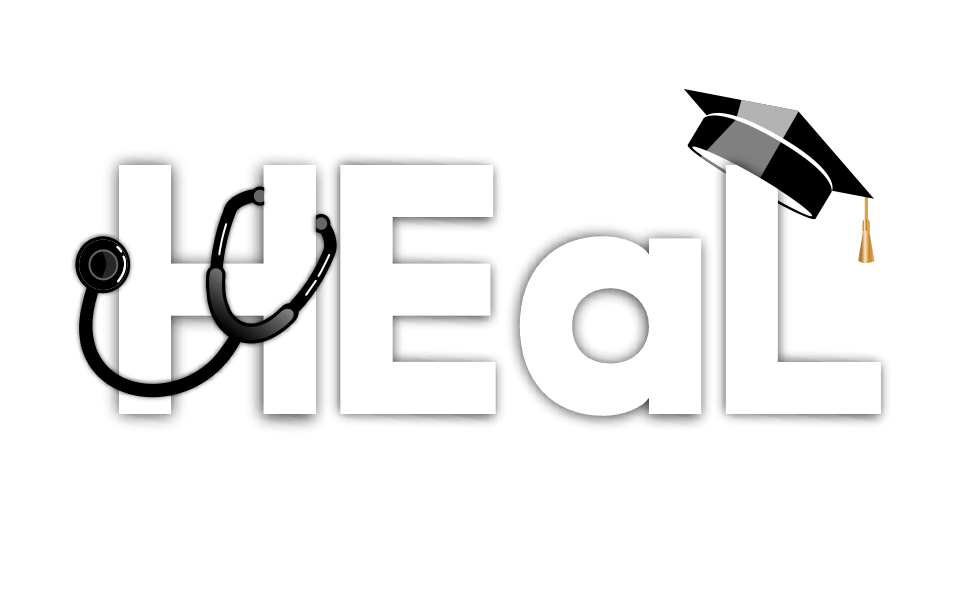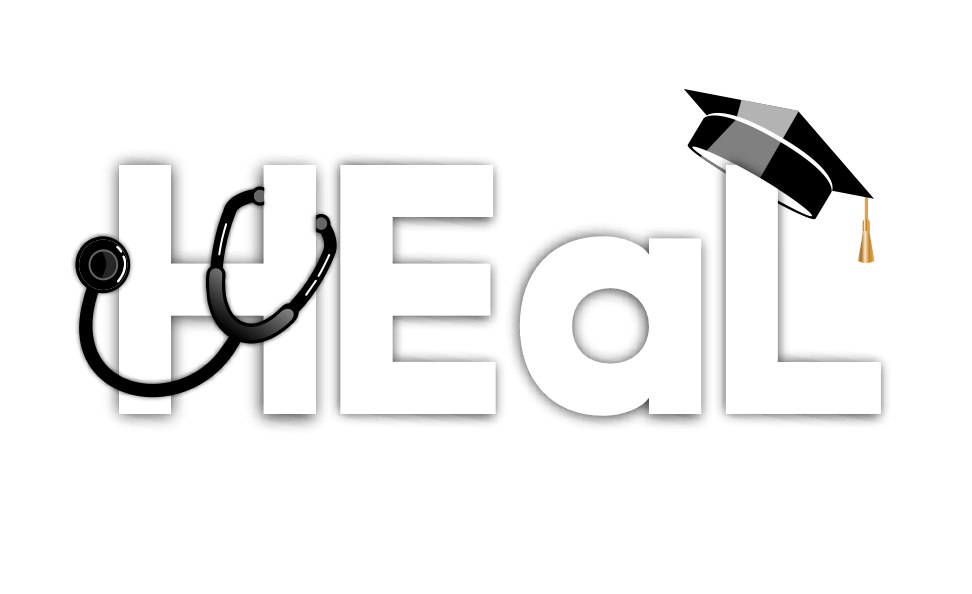In a world where every individual is inherently unique, applying a one-size-fits-all approach to education needs to be updated. Recognizing and appreciating the diverse ways students think and learn is necessary. It is not just an educational imperative; it is a societal necessity.
In recent years, neurodiversity in education has gained prominence, emphasizing the recognition of students’ unique cognitive profiles and learning styles. This global discourse is crucial for fostering inclusive learning environments, nurturing diverse talents, and driving innovation in education.
Global education conferences are pivotal for advancing discussions on neurodiversity in education promoting innovation and inclusivity. Such events celebrate the diverse ways students think and learn, emphasizing their crucial role in enhancing education and society. Furthermore, accepting such differences is beneficial and essential for improving our educational systems and society. Keep on reading.
Your Guide to Neurodiversity in Education
Incorporating neurodiversity into education means embracing students’ diverse neurological profiles and learning styles. It celebrates classroom diversity by championing inclusivity and recognizing that a universal teaching approach doesn’t apply to all. Such an approach enriches the learning experience and acknowledges that each student’s unique abilities contribute to a more vibrant and compelling educational journey.
It encourages educators to tailor their methods to meet individual needs, ultimately creating a more supportive and enriching learning environment where students’ unique abilities and perspectives are appreciated and harnessed for collective growth.
Understanding the Beauty of Diversity among Students
Every student possesses a distinctive way of thinking and learning, making them an integral part of the rich tapestry of humanity. Instead of viewing these differences as obstacles, we should celebrate them as opportunities.
The diversity in our schools and classrooms is akin to the diverse ecosystems found in nature. As diverse ecosystems are more resilient and adaptable, diverse minds contribute to a more innovative and progressive society.
How Neurodiversity in Education Nurture Progressive Ideas?
Neurodiversity in education serves as a fertile ground for cultivating progressive ideas. Recognizing and accommodating students’ diverse cognitive profiles and learning styles unlocks a spectrum of innovative thinking.
Each unique mind enriches the pool of ideas, nurturing creativity and problem-solving. This inclusive approach empowers students and clears the path for a more forward-thinking and adaptable society, celebrating differences as catalysts for progress.
Overcoming the Classroom Differences
Neurodiversity in education offers a powerful solution for overcoming classroom differences. It recognizes and celebrates students’ unique cognitive profiles and learning styles, fostering inclusivity and tailored teaching approaches. By embracing neurodiversity, educators can create environments where students can thrive regardless of their cognitive differences. Furthermore, this approach bridges gaps and enriches the educational experience, promoting a brighter and more equitable future for all.
Nurturing Diversity: The Catalysts for Progressive Ideas
In the melting pot of diverse minds, progressive ideas are born. Unique ways of thinking and processing information can lead to groundbreaking innovations, discoveries, and solutions. By nurturing and appreciating such differences, educators can lay the foundation for society’s brighter, more dynamic future.
Supporting Diverse Learning Styles
Educators need to adopt flexible teaching methods to appreciate and celebrate the diversity of thought and learning styles among students. Recognizing that not all students will thrive in the same learning environment, educators should provide multiple pathways to success. It may involve personalized learning plans, differentiated instruction, and access to resources that cater to diverse needs.
Empowering Educators
Equipping educators becomes the top-notch requirement in the quest to support students with diverse learning profiles. And this is where educational conferences come into role with the highly anticipated education conferences in 2024. Such global events serve as transformative platforms, arming educators with invaluable knowledge and tools. Get a chance to connect with educational conference speakers and learn the best practices to champion neurodiversity in education effectively.
Education Conference 2024: Fostering Inclusivity
The Education Conference 2024 promises to be a pivotal event in education. With renowned educational conference speakers and a focus on embracing diversity in learning, it will provide educators with a wealth of knowledge and resources worldwide. An upcoming Global Education Conference will showcase innovative strategies, research findings, and success stories from schools that have championed the cause of neurodiversity.
Conclusion
At the heart of this shift toward embracing neurodiversity in education lies the principle of inclusivity. Every student should feel valued, included, and respected. Inclusivity extends beyond academic considerations; it also encompasses social and emotional well-being. Students who feel accepted are more likely to engage actively in learning and perform better academically. Be a part of education conferences in 2024 and overcome the differences in a classroom with neurodiversity in education.







